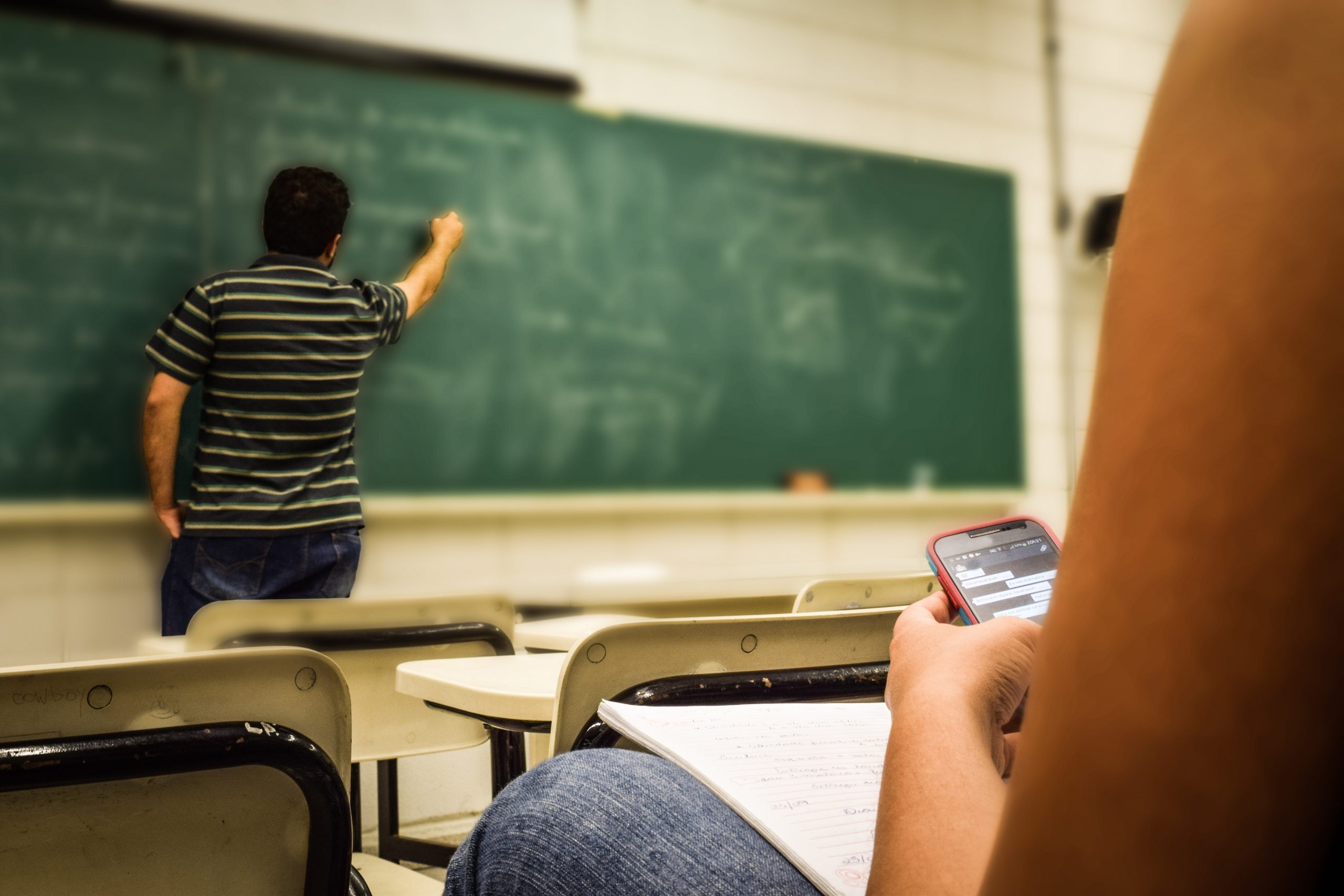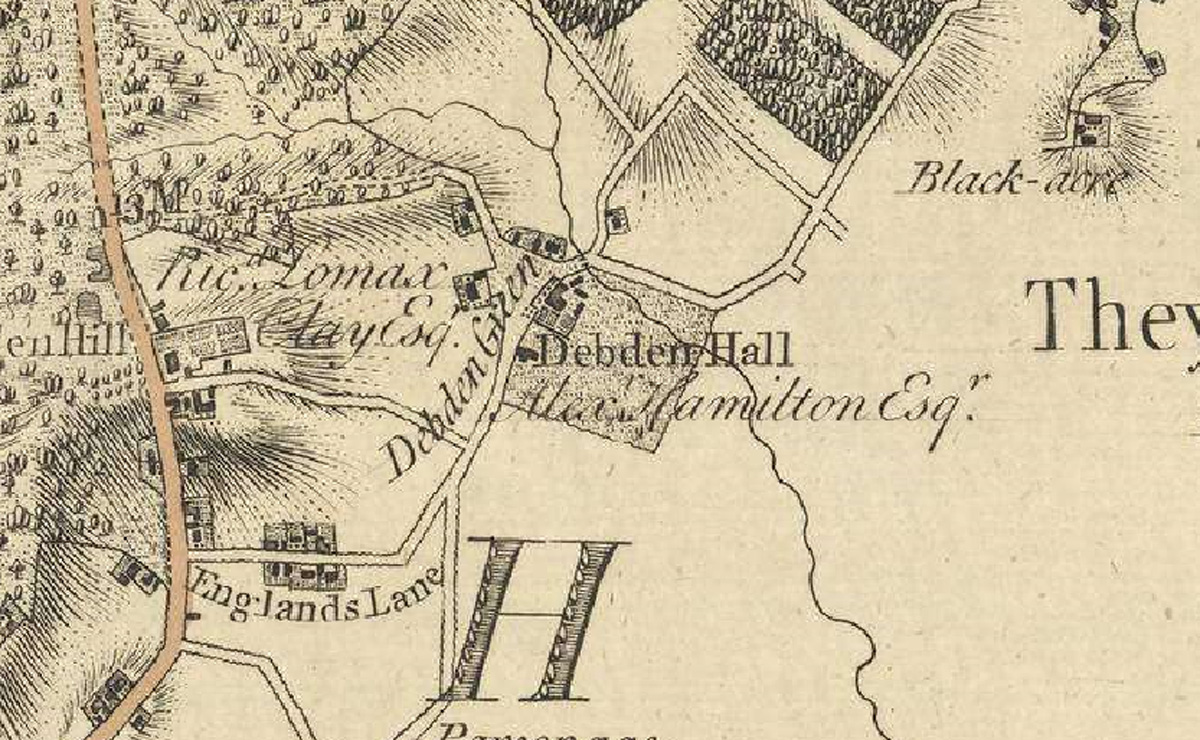20 years appears like a lifetime for the educational sector. A student who left school two decades ago might not recognize the class and the learning system anymore. From technology to the changing role of the teacher, the sector has transformed.
The adoption of technology has been one of the most significant changes. Learning and assessment of the outcomes is also one of the aspects that are not as they were 20 years ago. Here are insights on how the educational process has changed in the last 20 years.
Availability of homework help
Students have traditionally relied on books and their teachers. The teacher standing in front of the class and the library with all the books were the hallmarks of learning. Today I can get a professional online to do my statistics homework for me without relying on traditional installations.
Students can access the latest books, articles, journals and videos online. It allows students to complete assignments, write essays, and revise for exams anytime. Using a phone, for example, a student can write an entirely credible thesis without ever visiting the library.
Students also have access to writing apps and platforms that make learning easier. An app can, for instance, complete math exercises, edit essays and cite your sources. Such resources make homework easier to complete.
Remote learning
Students took their classes in a physical room. Remote learning was rare because the technology was not widespread and advanced to support e-learning. Students wishing to study online depended on emails and recorded videos.
Remote learning is now the order of the day with live sessions allowing students to follow lessons from other continents. It has reduced the cost of education and disruption of normal life as students look to advance their education. Students can pursue their desired courses easily, thanks to technology.
Access to global tutors and resources
Tutors were the most important sources of information. The library was also a crucial learning resource, without which no college would run. Today, students can listen to the best tutors without attending their sessions physically. It enriches their sources of information and improves the quality of their discussions because these sources are not limited to the available physical resources.
Skills-based learning
A degree or a certificate is no longer necessary to earn a livelihood. A student is only learning the skills he or she needs to make a living. Colleges have also picked the cue and are providing more specialized qualifications. Such skills do not have to be earned in college. Online tutors and platforms are helping students to sharpen their skills as required in the job market.
Learning beyond the campus
Learning is no longer restricted to the classroom or campus. Developers are providing learning materials and certification for those who complete their sessions. The market has also embraced the certifications to equal qualification earned on campus. Physical colleges have had to re-strategize to remain relevant.
The educational platform has changed dramatically over the last 20 years. The teacher is no longer the same. The definition of a class has also changed. With increased integration, it will be interesting to watch what happens in the next two decades.



































